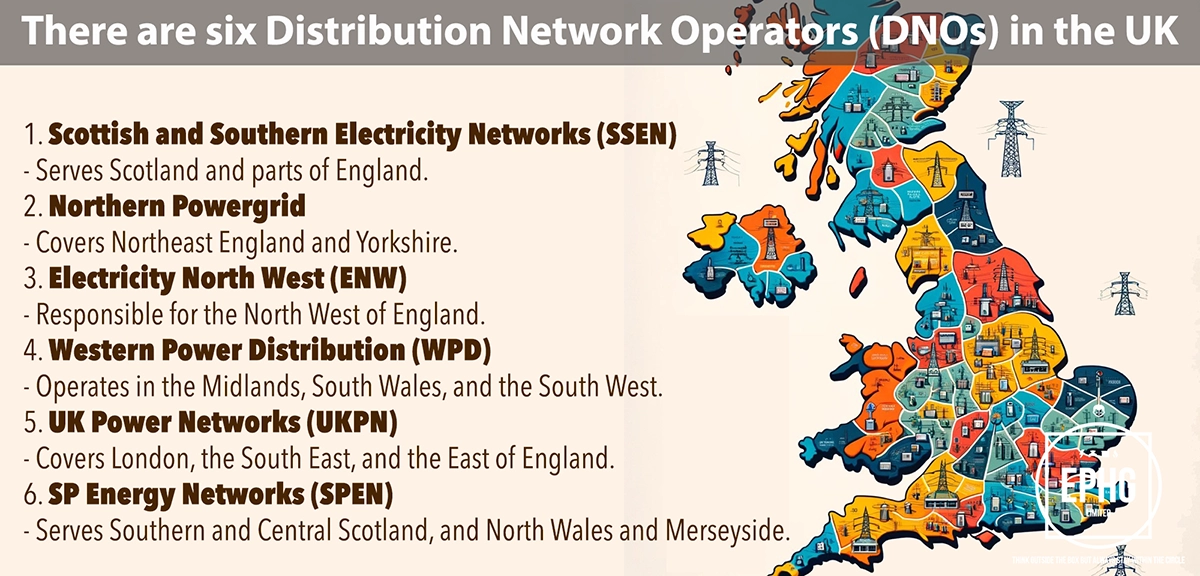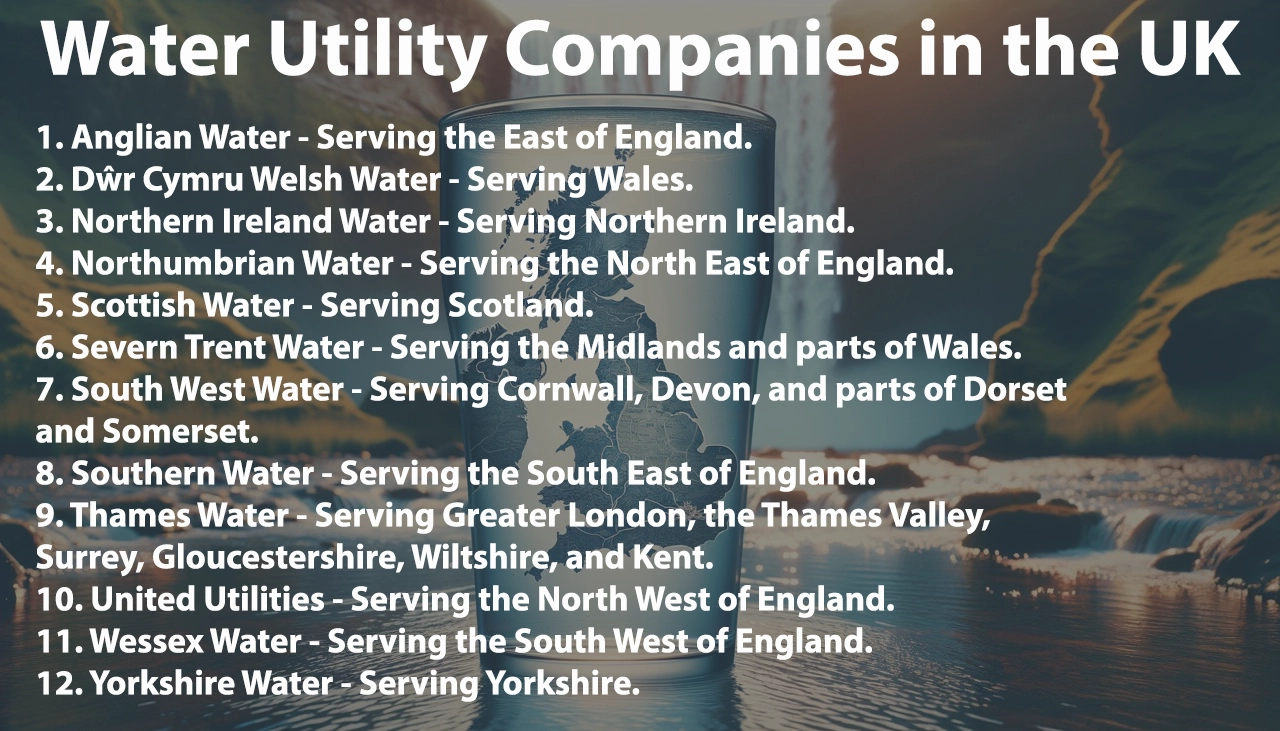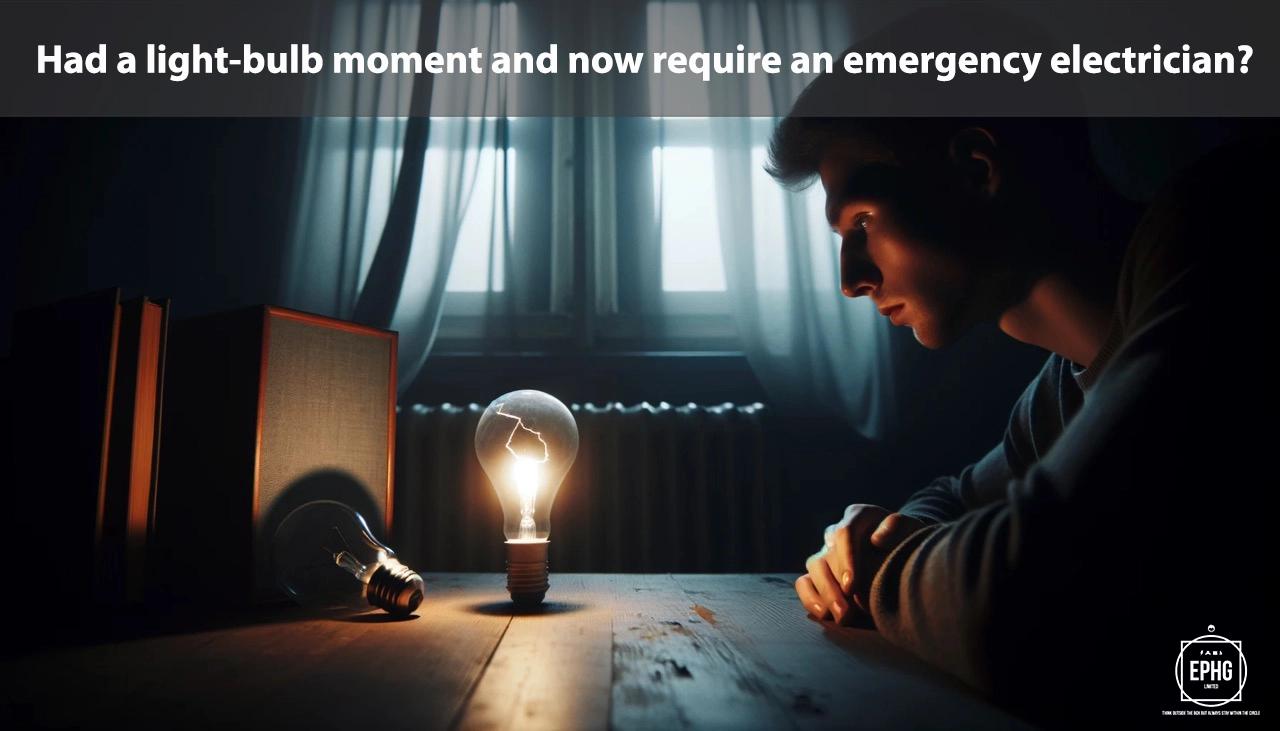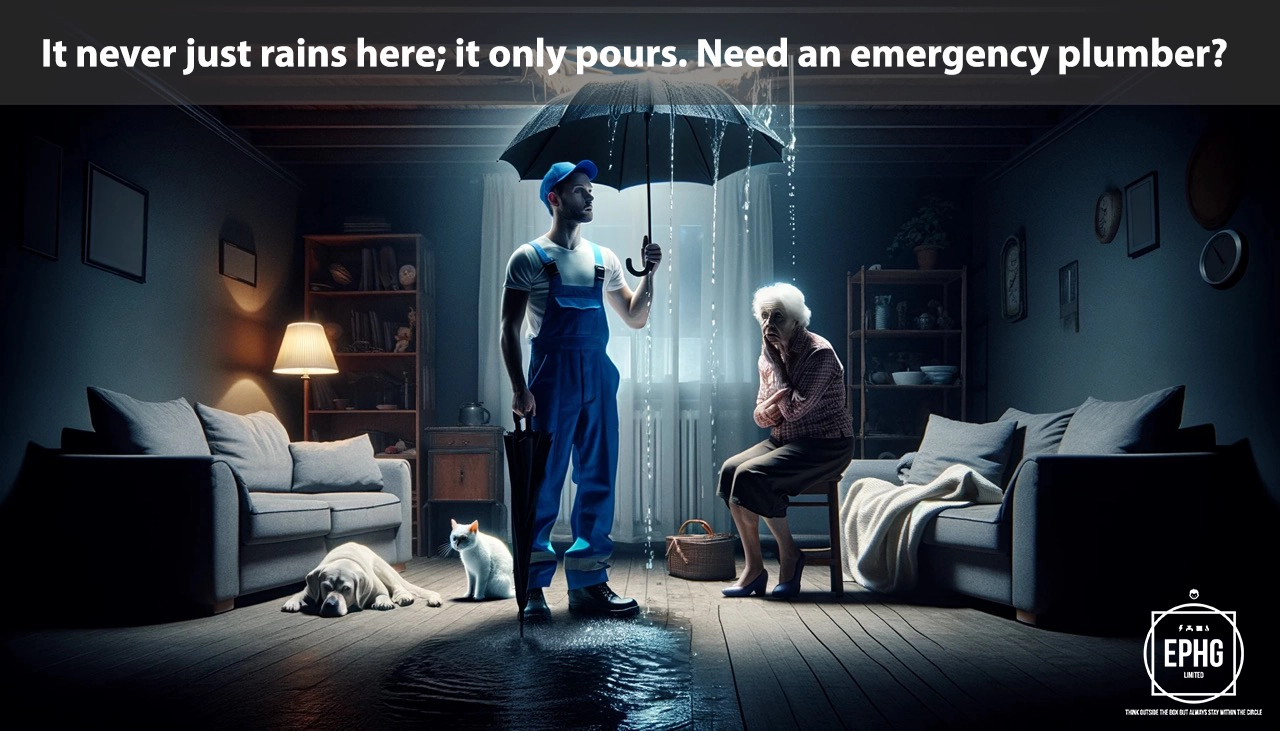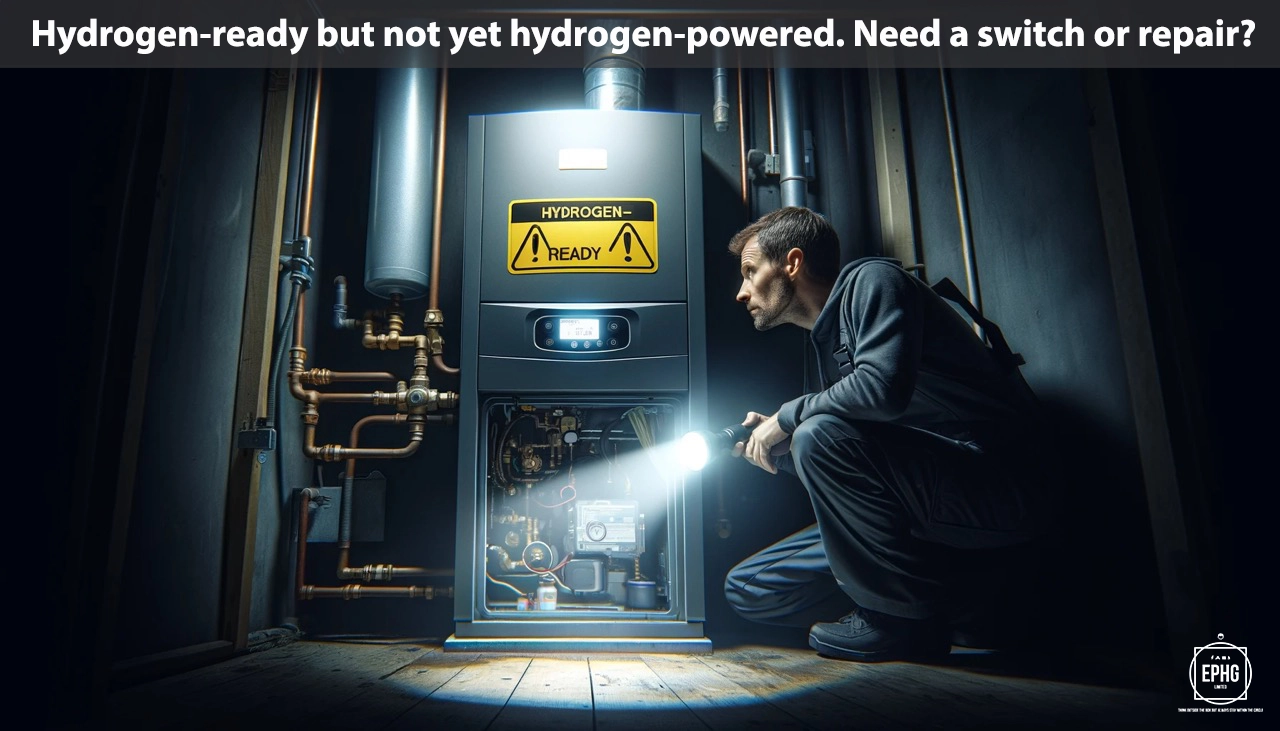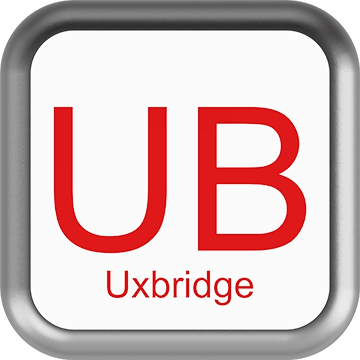
Utilities & Services in Uxbridge and the UB Postcode Area
Introduction: The Uxbridge and broader UB postcode region is a vibrant area with a diverse range of utility and service needs. In this guide, we delve into the specifics of the water and electricity supply, focusing on how these essential services are provided within Uxbridge and the surrounding UB postcode districts.
Water Supply and Services in Uxbridge
Source and Management of Water in Uxbridge
In Uxbridge and the wider UB postcode area, the primary water supply originates from the River Colne, with additional resources supplied by various local reservoirs and underground aquifers. Uxbridge benefits from a consistent and reliable water supply system, managed by dedicated water service providers. These providers are committed to ensuring that Uxbridge and the surrounding UB areas receive high-quality water, implementing regular infrastructure updates and promoting sustainable water use among residents.
Understanding Water Hardness in Uxbridge
The Uxbridge region, including the wider UB postcode areas, typically experiences hard water due to the natural geological formations. Residents of Uxbridge and the UB areas may notice this in the form of mineral deposits in kettles and on taps. Despite the hardness, the water meets all health and safety standards. Local water authorities in Uxbridge are continually monitoring and improving water treatment processes to maintain the quality and safety of the water supplied to the UB postcode regions.
Electricity in Uxbridge and the UB Postcode Area
Sources and Sustainability of Electricity in Uxbridge
The electricity in Uxbridge and the wider UB postcode region traditionally comes from a mix of sources including national grid connections predominantly fueled by fossil fuels. However, Uxbridge is experiencing a significant shift towards greener, more sustainable energy practices. The area is seeing an increase in renewable energy contributions, particularly from solar panels installed on residential and commercial buildings, and local wind energy projects. Uxbridge and the surrounding UB areas are moving towards a future that emphasizes renewable resources and innovative technologies in electricity production.
The Future of Green Energy in Uxbridge
Uxbridge, along with the rest of the UB postcode area, is focusing on enhancing its green energy capabilities. There is a concerted effort to reduce reliance on traditional energy sources and increase investment in renewable energies like wind, solar, and biomass. The future energy landscape in Uxbridge is aimed at achieving lower carbon emissions and fostering environmental sustainability. Local initiatives and government schemes support the installation of renewable energy systems, driving Uxbridge towards becoming a more energy-efficient and sustainable community.
Transition to Low-Carbon Solutions in Uxbridge
In line with national targets and local environmental goals, Uxbridge is exploring the transition to low-carbon heating solutions, including the potential introduction of hydrogen to replace natural gas for heating homes and businesses. This transition is part of a broader strategy to improve energy efficiency and reduce the carbon footprint in Uxbridge and across the UB postcode areas. Residents and businesses are encouraged to participate in energy-saving programs and to stay informed about new technologies and energy solutions becoming available in Uxbridge.
Wastewater and Environmental Management in Uxbridge
In Uxbridge and the UB postcode territories, wastewater management is a critical component of the region's environmental and public health infrastructure. Wastewater from Uxbridge homes and businesses is treated at state-of-the-art facilities, ensuring it meets stringent environmental standards before being returned to the natural water cycle. Efforts in Uxbridge and the surrounding areas focus on reducing pollutants, conserving water, and maintaining the cleanliness and safety of local waterways, contributing to the overall sustainability and well-being of the UB community.
Regions and Services:
The UB postcode, covering Uxbridge and surrounding areas, is rich in diversity, spanning from bustling urban centers to tranquil suburban neighborhoods. Key regions include:
- Uxbridge Town: A hub of urban utility development, Uxbridge boasts state-of-the-art electrical and gas infrastructure, meeting the needs of its vibrant community and bustling town center.
- Hillingdon and Hayes: Areas combining old and new, with a variety of services that reflect their unique histories and contemporary growth. Investments in renewable energy and sustainable utilities are becoming more prominent.
- West Drayton and Southall: Neighborhoods experiencing rapid development and modernization, where traditional utilities are being supplemented with innovative green projects and infrastructure improvements.
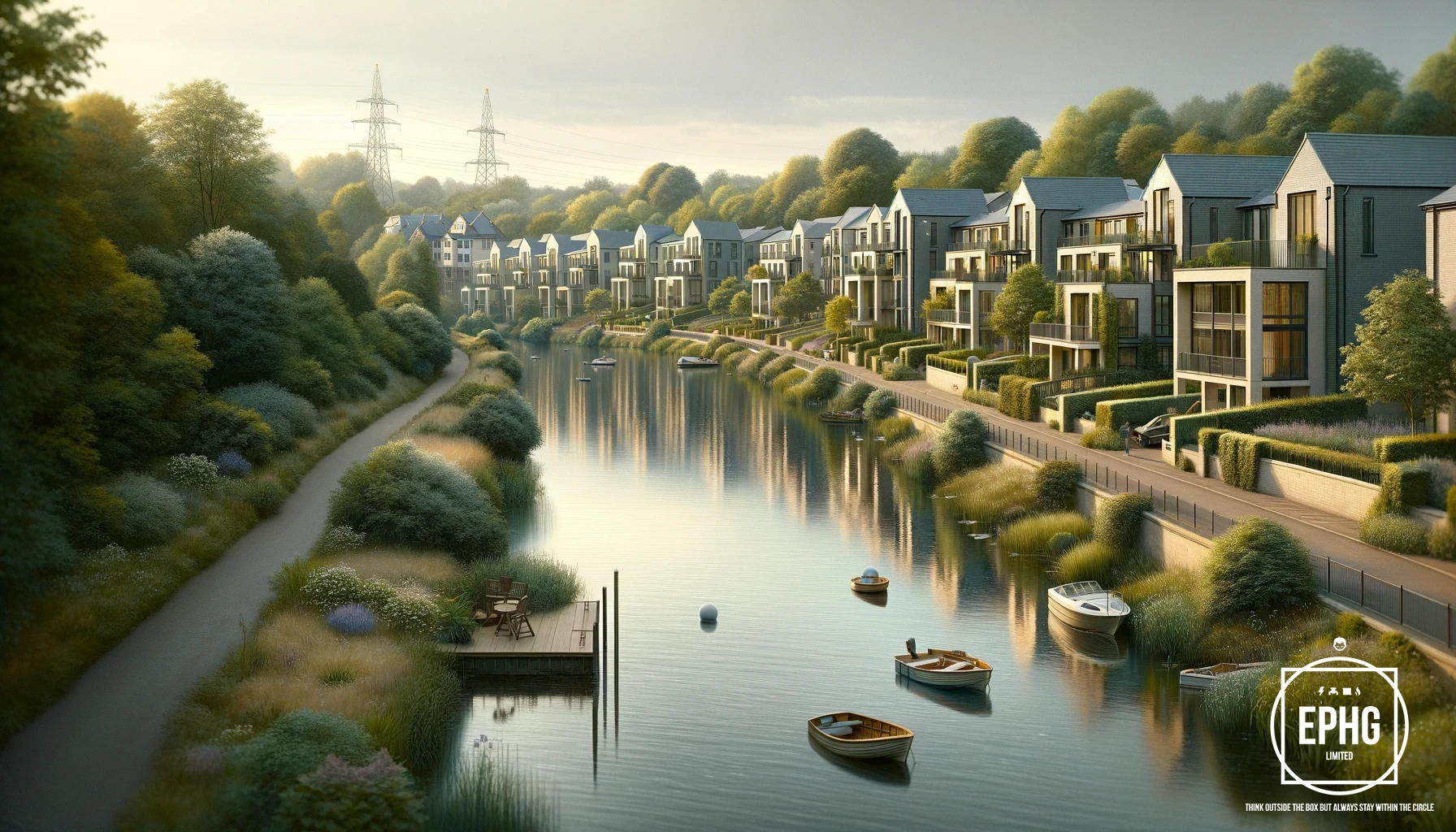
Regions within the UB Postcode
Uxbridge and Surrounding Areas
- UB1: Southall - A vibrant area known for its diverse community, markets, and cultural festivals.
- UB2: Southall, Norwood Green - Residential areas with local businesses and cultural diversity.
- UB3: Hayes, Harlington - Areas with a mix of residential and industrial landscapes, close to Heathrow Airport.
- UB4: Hayes, Yeading - Suburban areas known for their parks, residential communities, and local amenities.
- UB5: Northolt - Known for its green spaces, community spirit, and suburban environment.
- UB6: Greenford, Perivale - Areas with industrial history, parks, and golf courses, alongside residential developments.
- UB7: West Drayton, Yiewsley, Harmondsworth, Sipson, Longford - Suburban areas close to Heathrow, with parks and residential neighborhoods.
- UB8: Uxbridge, Cowley, Hillingdon - The town centre is known for shopping, higher education at Brunel University, and canal-side walks.
- UB9: Denham, Harefield - Villages on the outskirts of Greater London, known for their rural setting and community feel.
- UB10: Hillingdon, Ickenham - Suburbs with a blend of urban and rural elements, parks, and local services.
- UB11: Uxbridge - Business parks and commercial areas, including Stockley Park.
- UB18: Greenford - A postal district designation used primarily for sorting mail, not a geographic area.
